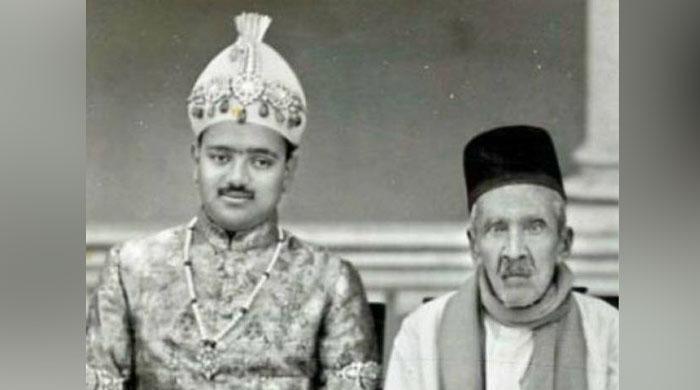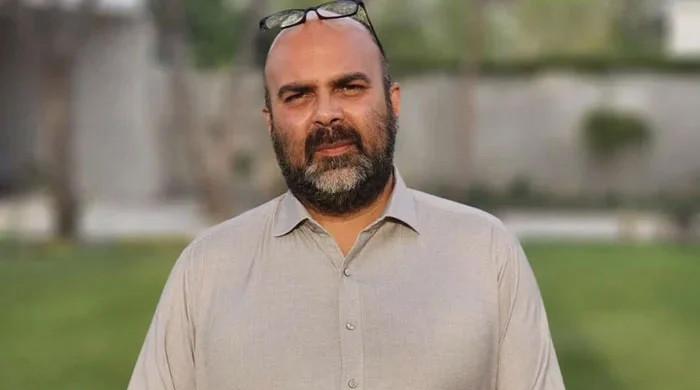British court rejects Indian bid, rules in favour of Pakistan in Hyderabad Fund Case
ISLAMABAD: An English High Court has rejected an attempt by India to strike out Pakistan's claim to the Hyderabad Fund, in what the Foreign Office described as a "clear vindication of...
June 21, 2016

ISLAMABAD: An English High Court has rejected an attempt by India to strike out Pakistan's claim to the Hyderabad Fund, in what the Foreign Office described as a "clear vindication of Pakistan’s principled stance".
In a 75-page order by judge Henderson J on Tuesday, the court said India failed to persuade it that Pakistan’s position was untenable and that it could show no legal entitlement to the 35 million GBP sitting in a bank account in the name of the High Commissioner of Pakistan since September 20, 1948.
According to a press release from the Foreign Office, the judge accepted that there was good evidence in support of Pakistan's claim to the fund, which needed to be fully considered at a trial. The judge also accepted that there were good legal arguments which were supportive of Pakistan's position.
Pakistan's legal team, led by Khawar Qureshi QC, advanced strong legal arguments and placed cogent evidence before the judge, defeating the Indian argument that Pakistan's claim to the fund was not valid.
According to the arguments put forth by the Pakistani legal team, the State of Hyderabad—which the judge accepted was then a sovereign state—was in danger of being attacked and taken over by India, and had called upon Pakistan for assistance in the tense times following Partition up to 1948.
The Pakistani counsel argued that the UK government archive documents recorded growing concern voiced by British government officials at the conduct of India towards the State of Hyderabad and its people, which included imposing a blockade, preventing supplies of medicines and food from entering the State of Hyderabad, all designed to force the Nizam to join India.
When Quaid-i-Azam Mohammad Ali Jinnah passed away in 1948, India seized the opportunity to invade and quickly subjugated the VIIth Nizam.
Pakistan had emerged from partition with only three percent of the weapons it was entitled to, but it still came to the aid of Muslims when India sought to annex the State of Jammu and Kashmir — a bloody conflict ensued which is still costing innocent lives.
Pakistani lawyers placed before the court evidence of assistance which came from the official British archives, including contemporaneous British intelligence reports and British government documents, which recorded in detail the knowledge on the part of the British Government of this assistance.
India dismissed the evidence and argued that, because the Nizam had asked for the return of the fund within days of its transfer to Pakistan, he must be taken not to have consented to it being handed over to Pakistan.
The judge observed that it might be naive to expect the Nizam acted of his own free will after India had invaded his country, and forced him to surrender and hand over power.
India will face substantial costs claim as a result of losing its applications. The case will now proceed to trial unless settled.
Pakistan had offered to mediate in front of retired Law Lords Lord Hoffman or Lord Hope in July 2015, but India had refused on the basis that it believed Pakistan's claim was not valid.
The Foreign Office said Pakistan remains committed to resolving all disputes by negotiation and believes that the path to peace and progress lies in dialogue.
"If the case does not settle, Pakistan is fully confident that its legal team will prevail," said the press release.











